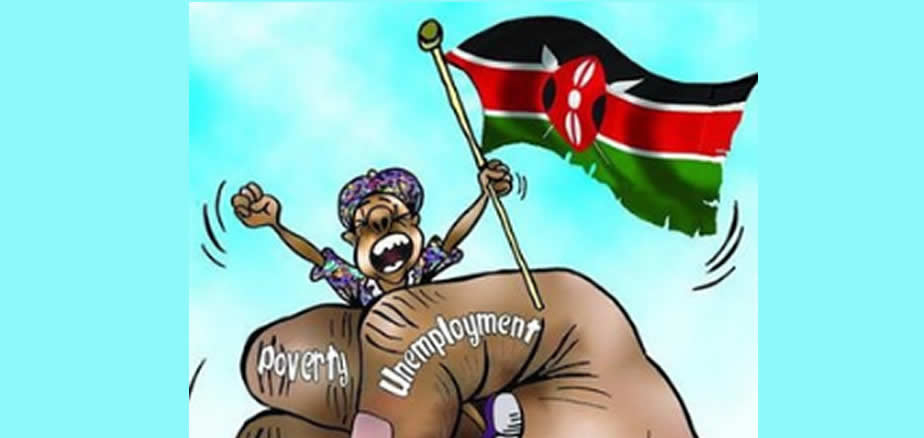
Shicheyi Lijodi Philip
Thika, Nairobi Area
Shicheyi Lijodi Philip
1 year ago
Corruption: Solving Kenya's endemic, economic and social problem for the prosperity of All.
Corruption: Solving Kenya's endemic, economic and social problem for the prosperity of All.
Corruption, as is widely known, is a leading stumbling block in the establishment of prosperous nations. Nations built on corrupt systems follow a similar and predictable paths-stunted in poverty and unending social-economic conflicts as a result of the liberal scramble for scarce resources.
Africa is ranked amongst the poorest continents in the World, alongside Asia, yet with the most underutilized natural resources and manpower. In reviewing corruption as a continental problem, Kenya's lion share can’t be ignored. Every country plays a role in Africa's cumulative projection, and Kenya is not an exception.
Corruption in Kenya is generally considered a post-colonial problem whose origin was pre-colonial. It was a tool of trade deployed by the British government in enticing rebellious Kenyans with a sole aim of deflecting defections and orientation of the MAU MAU regiment. It was on this basis that seeds of corruption were sown in Kenya.
After independence in 1963, Kenya achieved her own goals of self rule. Without external and internal antagonism on the rulership, enticement was a redundant tool. We had achieved a common goal, conquered our common enemy and raised one flag punctuated by a common national anthem. Corruption should have been an enemy of the black race, against their colonial masters.
The nation then made a critical mistake. We proceeded with a political tool against the nation's aspirations. With the emergence of the Ngei maize scandal, it was evident that we were headed to the south. The vice quickly spread up, with the grabbing of abandoned land by the white settlers. The political class turned into chaotic accolade of high class corrupt political leaders.
The most critical point of consideration is the impact of corruption on national discourse. Before independence, we aspired to generate a nation of both equity in resource distribution and equality in gender empowerment. This was a clear road map to leverage all regions in Kenya with the sole aim of exploring our national potential for common good.
We were chopped on a similar path with most of the currently developed nations in Asia. Our limiting factor was good governance and an attitude of common sense in public administration. We needed a sense of patriotism in managing resources, and in shaping up progressive policies for the nation. This would have been a catalyzer in determining national growth per capita.
It would then take a different turn. Tribalization of corruption in Kenya would the most disastrous decision the nation ever made. It was not only normal but heroic for a public servant to loot and bribe by cheating legitimate bureaucratic process. In doing so, the tribe would come to his defence. We lost enormous resources as a nation, at a critical moment when the rest of the World warded towards economic prosperity.
Then the most important question is to ask, what next now that the nation is sunk in corruption? The answer is simple. Kenya needs a radical dictator whose rise to power should be a disguise, a bait for the support of the corrupt. It is only then that a forceful change of discourse on corruption can be enforced. Formation of anti-corruption commissions by the corrupt to mitigate corruption is a scam that shall never sort out this menace.

Banner: Illustration of impact of corruption on the economy.
1 like · 0 comments
PoliticsDo you want to manage your own group?


